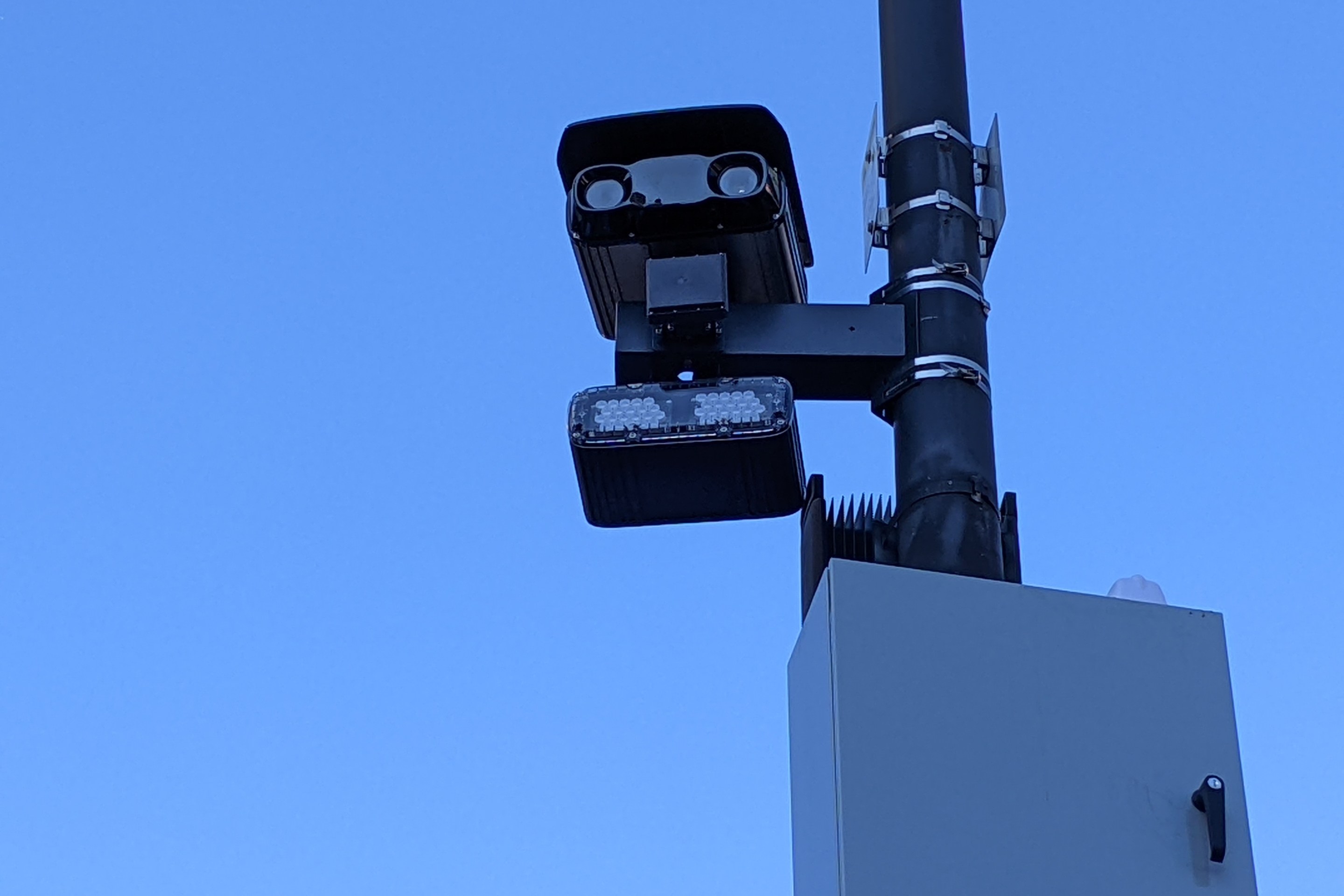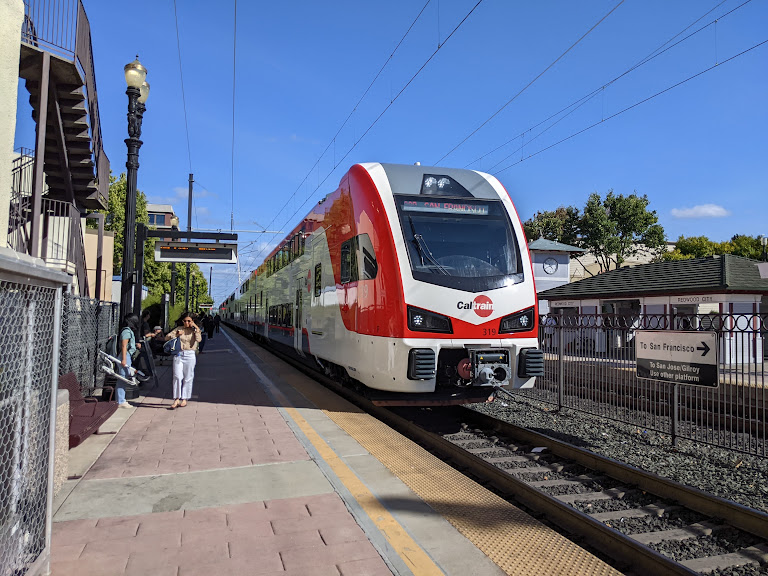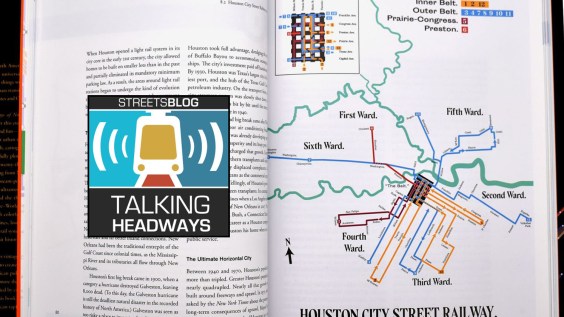
Tomorrow, Atlanta residents go to the voting booth to decide on a $250 million bond package for infrastructure. The measure comes a few years after voters refused a 1 percent sales tax hike to fund infrastructure projects around the region.
Darin Givens at ATL Urbanist was curious about what approval of the measure would mean for biking and walking, so he reached out to two local experts. Rebecca Serna at the Atlanta Bicycle Coalition said it was likely to advance bike infrastructure somewhat:
“The project list represents a big step forward for safety on Atlanta roads -- for everyone, not just people on bikes, because streets that are safe enough to walk and bike have fewer motor vehicle crashes too. The big Complete Streets projects on the list, like DeKalb Avenue and MLK, are important indications of how highly the city prioritizes the safety of people on foot and bike, and could transform corridors that are currently big barriers to biking and walking.
That said, we’d like to see some additions, such as Lee Street in SW Atlanta, and the expansion of the DeKalb Ave project to connect to the existing Decatur St bike lanes. Also, bridge projects like Courtland need to become Complete Streets - federal guidelines are very clear on that, and the city’s own Cycle Atlanta plan calls for a two-way protected bike lane on Courtland.
But Sally Flocks at PEDS, a local pedestrian advocacy organization, is less optimistic:
“The list posted through the end of 2014 included a $40 million lump sum for sidewalk repairs and a $35 million lump sum for curb ramps.
The proposed lump sum for sidewalk repairs has since vanished and the lump sum for curb ramps has been cut to $5 million. (The consent decree with the U.S. Justice Department the City had signed in 2009 had already obligated Atlanta to invest that much in curb ramps.)
Funds for sidewalk repairs is not down to zero. Bond funding will pay for projects that include sidewalk repairs – but a large share of these will be in locations that are not high priority for pedestrians.
A map of sidewalk conditions and road resurfacing projects shows that many road resurfacing projects are on streets where sidewalks are in good condition (or don’t exist) – and many areas where sidewalks are particularly mad are not slated for road resurfacing.
The estimated backlog of broken sidewalks in the City is $152 million, which is 15% of the estimated $1 billion infrastructure backlog. Given that, a fair share of the $250 million bonds is $37.5 million.”
Givens also wonders whether it's prudent for a city to fund basic infrastructure maintenance through borrowing. But judging by a poll of his readers, the measure is on its way to passage.
Elsewhere on the Network today: David Alpert at Greater Greater Washington says with or without a streetcar, Washington D.C. can't wait for better transit. Seattle Transit Blog reports that the Seattle area's vanpool program has been a remarkable success. And Streets.mn wonders whether it's in Minneapolis's best interests to build a soccer stadium.





